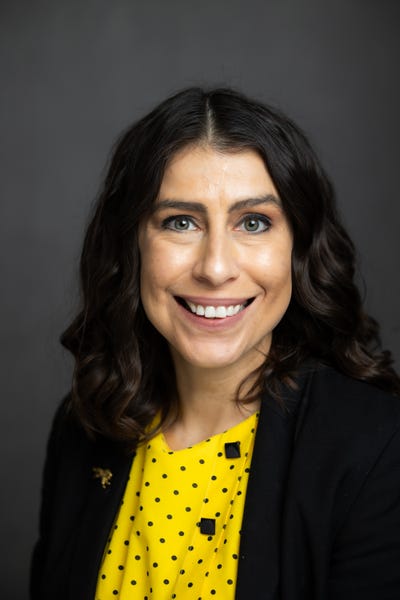DMAA Issue Should be Explained to Consumers
If the supplement industry doesn't explain the DMAA issue to consumers, someone else may swoop in with an inaccurate portrayal.
The DMAA controversy entails complicated legal aspects of the dietary supplement industry so it's no fault of consumers if they don't understand it.
It may be difficult for consumer to comprehend:
"FDA sent warning letters to DMAA marketers because the agency thinks the product manufacturers (or ingredient suppliers) should have submitted new dietary ingredient (NDI) notifications. Beyond that, FDA feels DMAA may be a illegal dietary ingredient because the agency questions if it is found in geranium oil. Further, even if DMAA is found in nature, FDA thinks synthetic botanicals are not legal dietary ingredients per its NDI draft guidance, which it is expected to rerelease. DMAA marketers, on the other hand, say it is found in nature and that synthetic botanicals are legal."
Get it?
Savvy industry members know how DMAA plays into NDIs, the Dietary Supplement Education Act of 1994 (DSHEA) and ephedra. Consumers, justifiably so, just don't have the patience or time to learn. Does that mean industry should try to explain this issue? My initial though is, "No, it's enough for a particular company to show its consumers that its products are safe (with scientific studies) and legal (with third-party certifications)."
However, what happens when someone else gets to the customers first with inaccurateand even damningdata? This may be the case with a recent Montreal Gazette article.
This article by Joe Schwarcz, director of McGill Universitys Office for Science & Society and host of The Dr. Joe Radio Show, discusses the DMAA issue and clearly has a prejudice against supplements. Among other things, he calls DSHEA a "bizarre act" that "has little to do with the relationship between dietary supplements and health, and nothing at all to do with education. It is a scientific travesty." (Note: this is an article, not a commentary.)
Oh boy.
He further said DSHEA was industry's attack against FDA, which was just trying to "combat the mushrooming cases of health fraud." He called DSHEA's defense of the freedom to choose supplements "utter nonsense." I could keep going, but these quotes are only from the first two paragraphs of the 1,000-word article.
The last quote I'll give is from the last paragraph.
"As it is now, the DSHEA caters not to the needs of the public, but to the whims of 'Big Supplement.' If a manufacturer desires to sell dietary supplements with claims of drug-like action, it should provide evidence for safety and efficacy, as is required for the sale of any other drug."
So many things are wrong with these two sentences. DSHEA was written with consumers in mind, and supplements are not drugs. Supplements don't (or at least shouldn't) make drug claims, and they should not be in the same categorylegal or medicalas drugs.
It's a hard battle to fight. But one I think industry needs to be armed for.
This is not a new issue. Steve Myers offered a great look at the give and take of the media in his article "The Media Holography" in 2010. In 2011, Sheldon Baker of Baker Dillon Group, shared clues on "Talking to the Media". And just a few days ago, Natural Products Association (NPA)'s Cara Welch, Ph.D., gave tips on how to address negative publicity in her INSIDER article "Consumer Reports Reminds Us to Be Vigilant about Supplement Attacks."
I suggest everyone in the industry take the time to read through the articles and enact the writers' tips in their businesses. Companies may also want to reach out to the trade organizations for help discussing a particular complicated issue with consumers or reporters. It's on the industry to address these inaccuracies because it's unlikely someone else will.
About the Author
You May Also Like

